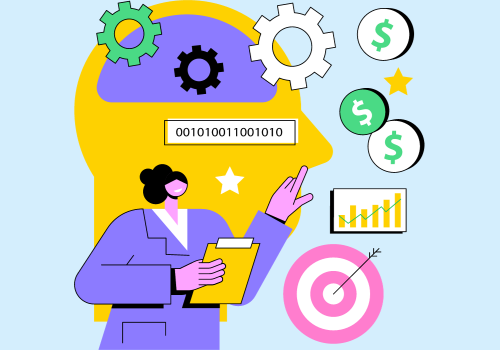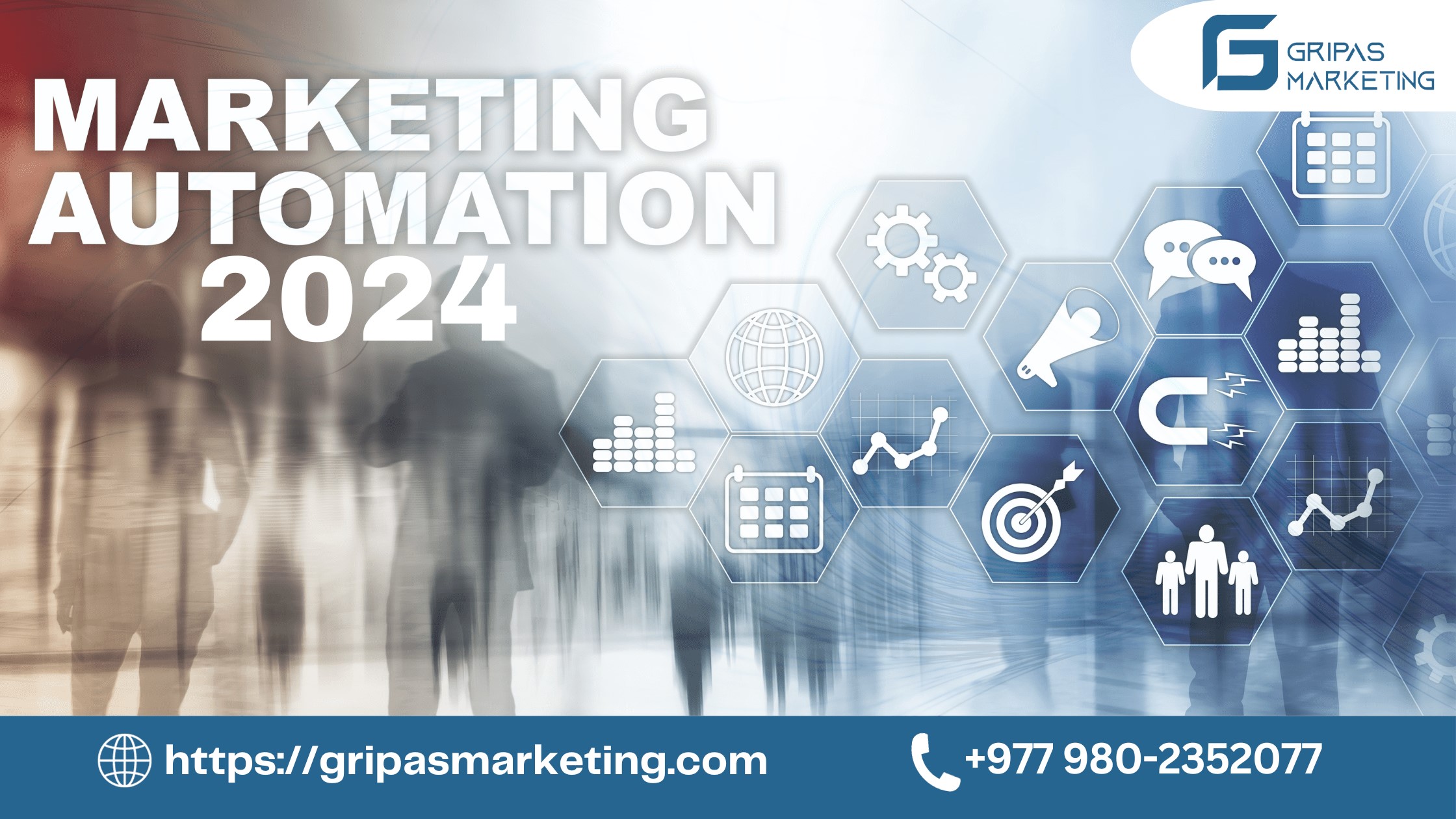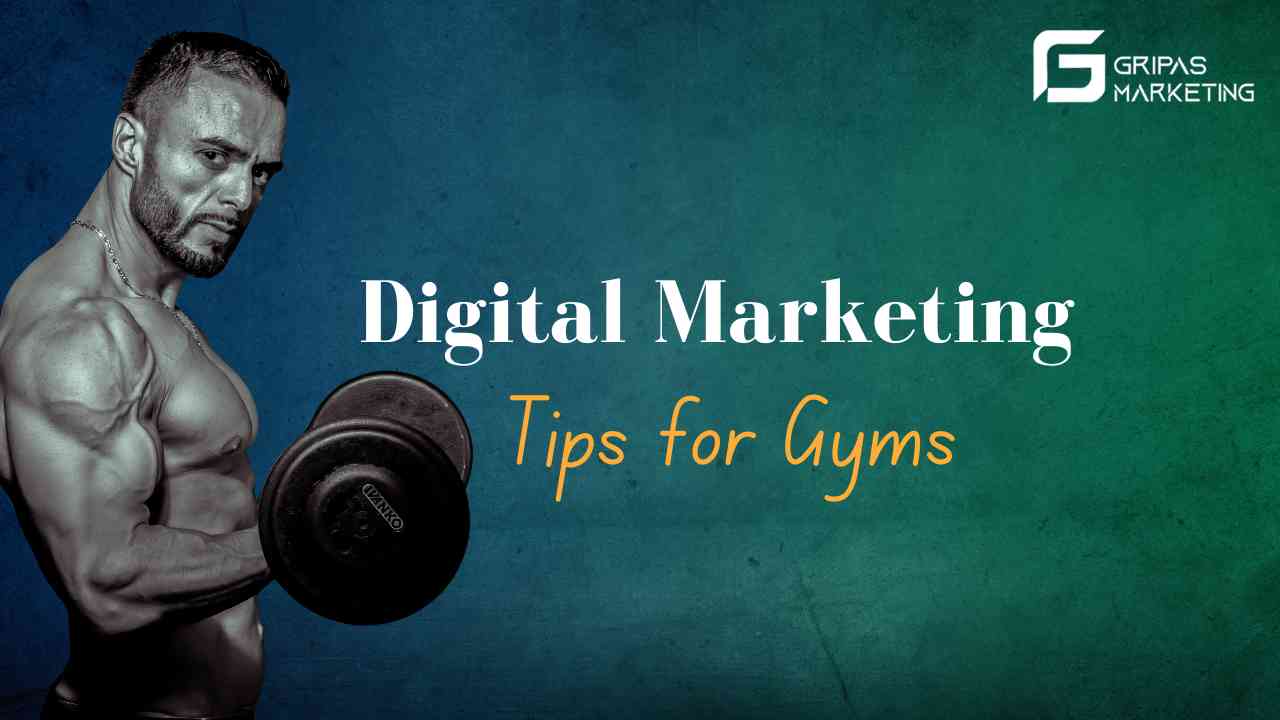In this digital age, mastering marketing automation can make a huge difference in a company’s success! Marketing automation plays a key role in helping businesses reach their audience more efficiently. It’s like having a personal assistant for marketing tasks! Marketing automation involves using software to streamline repetitive marketing activities like emails, social media, and advertising. This frees up time for marketers to focus on creativity and strategy.
Effective marketing strategies are super important in 2024 because the competition is fierce and customers expect personalized experiences. With the right strategies, businesses can stand out, connect better with their audience, and boost sales. Marketing automation is a game-changer here, allowing companies to deliver tailored messages to the right people at the right time. It’s not just about sending out ads; it’s about building relationships and meeting customer needs.
Understanding Marketing Automation

Marketing automation is like a super-smart friend who helps you with your business. It’s a technology that manages marketing processes and campaigns across different channels automatically. It’s like setting up a system that sends emails to customers, posts on social media, and does other marketing tasks without you having to do them manually.
This concept started years ago with simple email automation. But now, it’s grown into a powerful tool that can do a lot more. It’s like a tree that started as a small seed and has grown into a big, strong tree.
In today’s digital world, marketing automation is more important than ever. It’s like a compass in the vast sea of the internet. It helps businesses navigate and reach their destination successfully. With so much happening online, it’s hard for businesses to keep up. However, they can go well if they use marketing automation. It may help businesses use charms to draw clients and expand their audience.
Key Components of Marketing Automation
The components of marketing automation are:
Customer Relationship Management (CRM): Think of CRM as a big puzzle. Each customer interaction is a piece of this puzzle. CRM tools help put these pieces together to give a complete picture of your customers. It’s like having a magic mirror that shows you everything about your customers. This helps improve communication and build stronger relationships with customers. It’s like learning a new language that helps you speak directly to your customers’ needs.
Email Marketing Automation: This is like having a personal messenger for your business. This messenger knows exactly what message to deliver, to whom, and when. Automated email campaigns are like arrows that hit the bullseye every time. They reach the right people with the right message. And the best part? These messages are personalized. It’s like receiving a letter written just for you. This helps nurture leads effectively and build strong relationships with customers.
Social Media Automation: Imagine having a megaphone that reaches out to the world. But this isn’t just any megaphone. It’s a smart one that knows what to say, when to say it, and where to say it. Social media automation helps streamline posting and engagement. It’s like having a choir that sings in harmony, delivering consistent brand messaging across different platforms.
Analytics and Reporting Tools: These tools are like your business’s compass and map. They use data-driven insights to guide your marketing efforts. It’s like having a crystal ball that shows you the path to success. These tools measure the success of your marketing campaigns. It’s like getting a scorecard that tells you how well you’re doing.
Marketing automation is like having a super team of helpers. Each component plays a crucial role in helping your business grow. It’s like having a well-oiled machine that works tirelessly to ensure your business’s success.
Benefits of Implementing Marketing Automation
Marketing automation is a powerful tool that can help businesses streamline their marketing processes and achieve better results. Here are some of the benefits of implementing marketing automation:
A. Enhanced efficiency and time-saving:
Marketing automation can help businesses save time and resources by automating repetitive marketing tasks such as email campaigns, social media posts, and lead scoring. This frees up marketers to focus on more strategic tasks such as developing new campaigns, analyzing data, and improving customer experiences. By automating With these tasks, businesses can also reduce the risk of human error and ensure that their marketing efforts are consistent and effective.
B. Improved lead nurturing and conversion rates:
Marketing automation can help businesses nurture leads more effectively by providing them with personalized content and experiences. By tracking user behavior and preferences, businesses can tailor their marketing messages to the specific needs and interests of each lead. This can help build trust and credibility with potential customers, leading to higher conversion rates and increased revenue.
C. Personalized customer experiences:
Marketing automation can help businesses deliver personalized experiences to their customers across multiple channels. By integrating data from different sources, such as social media, email, and website interactions, businesses can gain a more complete view of their customers and provide them with relevant and timely content. This presents the potential to improve consumer loyalty and create stronger relationships with clients.
Marketing automation can help businesses achieve greater efficiency, improve lead nurturing and conversion rates, and deliver personalized customer experiences. By automating repetitive tasks and providing personalized content, businesses can save time and resources while building stronger relationships with their customers.
Challenges in Marketing Automation
There are some challenges that businesses may face when implementing marketing automation. Here are some of the most common challenges and how to overcome them:
A. Integration issues
One of the biggest challenges of implementing marketing automation is integrating it with other systems such as CRM, sales, and customer service. This can be a complex process that requires technical expertise and careful planning. To overcome this challenge, businesses should work with experienced professionals who can help them integrate their systems seamlessly.
B. Data security concerns
Another challenge of marketing automation is data security. With the increasing amount of data being collected by businesses, it’s important to ensure that this data is secure and protected from cyber threats. To overcome this challenge, businesses should implement robust security measures such as encryption, firewalls, and multi-factor authentication.
C. Overcoming the learning curve
Marketing automation can be a complex tool that requires a significant amount of time and effort to learn. This can be a challenge for businesses that are new to marketing automation or have limited resources. To overcome this challenge, businesses should invest in training and education programs that can help their employees learn how to use marketing automation effectively.
Trends Shaping Marketing Automation in 2024
Marketing automation is a powerful tool that can help businesses streamline their marketing processes and achieve better results. In 2024, we can expect to see some exciting trends shaping the future of marketing automation. Here are some of the most significant trends to watch out for:
A. Artificial intelligence in marketing automation
Artificial intelligence (AI) is already transforming the marketing industry, and it’s set to become even more prevalent in 2024. AI-powered marketing tools like chatbots, voice search optimization, and predictive analytics will become more widespread, helping businesses analyze data, personalize customer experiences, and optimize campaigns. However, it’s important to remember that AI should be used in conjunction with human expertise, not as a replacement for it.
B. Integration with emerging technologies
Emerging technologies like augmented reality (AR), virtual reality (VR), and the Internet of Things (IoT) are changing the way businesses interact with their customers. In 2024, we can expect to see marketing automation tools that integrate with these technologies to create more immersive brand storytelling and consumer engagement avenues. For example, e-tailers can use AR and VR to offer virtual try-on experiences, while IoT devices can provide real-time data on customer behavior and preferences.
C. Personalization at scale
Personalization has been a buzzword in marketing for years, but in 2024, we can expect to see personalization at scale become a reality. Sales and marketing teams may now access a wealth of consumer data to more effectively manage and personalize offers, product recommendations, and content because of advancements in AI and machine learning. This can lead to higher conversion rates, increased revenue, and greater customer loyalty.
Crafting a Successful Marketing Automation Strategy
Marketing automation is a powerful tool that can help businesses streamline their marketing processes and achieve better results. Crafting a successful marketing automation strategy involves setting clear goals and objectives, segmenting the target audience, creating compelling content, and continuously optimizing and testing the strategy. To craft a successful marketing automation strategy, businesses should consider the following steps:
A. Setting clear goals and objectives
The first step in creating a successful marketing automation strategy is to set clear goals and objectives. This involves identifying the specific outcomes that the business wants to achieve through marketing automation, such as lead generation, customer acquisition, or increasing revenue. By setting clear goals and objectives, businesses can ensure that their marketing automation efforts are aligned with their overall business strategy.
B. Target audience segmentation
The next step is to segment the target audience into different groups based on their demographics, interests, and behaviors. This allows businesses to create targeted marketing campaigns that are tailored to the specific needs and preferences of each group. By delivering personalized content to each group, businesses can build stronger relationships with their customers and increase the effectiveness of their marketing efforts.
C. Creating compelling content
Creating compelling content is essential for engaging customers and driving conversions. Businesses should focus on creating content that is relevant, informative, and valuable to their target audience. This can include blog posts, social media updates, videos, and other types of content that are designed to educate and inform customers about the business and its products or services.
D. Continuous optimization and testing
Businesses should continuously optimize and test their marketing automation strategy to ensure that it is delivering the desired results. This involves analyzing data, tracking key performance indicators (KPIs), and making adjustments to the strategy as needed. By continuously optimizing and testing the marketing automation strategy, businesses can ensure that they are achieving the best possible results and maximizing their return on investment (ROI).
Case Studies: Successful Marketing Automation Campaigns

Marketing automation is a powerful tool that can help businesses streamline their marketing processes and achieve better results. Real-world examples of successful marketing automation campaigns can provide valuable insights into how businesses can leverage this tool to achieve their goals. Here are some of the most notable case studies of successful marketing automation campaigns:
1. Cart abandonment emails and messages
Cart abandonment is a common problem for eCommerce businesses, but it can be addressed with marketing automation. TruWood, a sustainable eCommerce company that sells watches made from bamboo, wood, and reclaimed lumber, leveraged SMS marketing and set up an abandoned cart flow using SMSBump. They segmented carts by their value and focused more on recovering high-value carts. Through their abandoned cart flow, they sent their target audience an image of the product they had left behind, provided a small discount, and created a sense of urgency to encourage customers to complete their purchases. As a result, they increased their click-through rate to 18% and got a 35X ROI.
2. Email marketing automation
Draper James, an eCommerce brand, celebrates the birthday of its founder, Reese Witherspoon, by offering customers a weekend-long sale in mid-March. They used email automation to send personalized emails to their customers, offering them a discount on their purchase. The email campaign resulted in a 200% increase in revenue compared to the previous year.
3. Personalized content
Netflix, the popular streaming service, uses marketing automation to deliver personalized content recommendations to its users. By analyzing user behavior and preferences, Netflix is able to suggest movies and TV shows that are tailored to each user’s interests. This has helped Netflix build a loyal customer base and increase customer retention.
4. Lead nurturing
IBM, the technology company, used marketing automation to nurture leads and improve conversion rates. They created a series of targeted emails that were designed to educate potential customers about their products and services. By providing valuable information to their leads, IBM was able to build trust and credibility, leading to a 400% increase in conversion rates.
Future Outlook of Marketing Automation

Marketing automation is a powerful tool that can help businesses streamline their marketing processes and achieve better results. The future of marketing automation is exciting, with many trends and predictions that will shape the industry in the coming years. Here are some of the most significant predictions for the next decade:
A. Predictions for the next decade
- Hyper-personalization: Personalization has been a buzzword in marketing for years, but in the next decade, we can expect to see hyper-personalization become the norm. With advancements in AI and machine learning, businesses can tap into a wealth of customer data to better curate and personalize content, product recommendations, and offers. This can lead to higher conversion rates, increased revenue, and greater customer loyalty.
- Generative AI: Generative AI is an emerging technology that can help businesses create content at scale. By training AI models on existing content, businesses can generate new content that is tailored to their specific needs and preferences. This can help businesses save time and resources while delivering high-quality content to their customers.
- Omnichannel marketing: Customers interact with brands across multiple channels, and businesses need to provide a seamless experience across all of them. In the next decade, we can expect to see more businesses adopt omnichannel marketing strategies that provide a consistent experience across multiple channels and devices.
- Automated social media marketing: Social media is a critical channel for businesses to engage with their customers, but managing multiple social media accounts can be time-consuming. In the next decade, we can expect to see more businesses adopt automated social media marketing tools that can help them manage their social media presence more efficiently.
- Identity resolution: Identity resolution is an emerging technology that can help businesses gain a more complete view of their customers. By integrating data from different sources, such as social media, email, and website interactions, businesses can gain a more complete view of their customers and provide them with relevant and timely content.
B. Adaptation to evolving consumer behaviors
In addition to these predictions, businesses will need to adapt to evolving consumer behaviors in the coming years. Customers are becoming more familiar with technology and demand individualized experiences from businesses through a variety of platforms. To keep up with these shifting expectations, businesses will need to invest in technologies like automation, machine learning, and artificial intelligence. By offering outstanding material, tailored experiences, and first-rate customer support, they will also need to focus on gaining the confidence of their clients.
The future of marketing automation is exciting, with many trends and predictions that will shape the industry in the coming years. By adopting new technologies and adapting to evolving consumer behaviors, businesses can streamline their marketing processes, deliver personalized experiences to their customers, and achieve better results.
Conclusion
In conclusion, marketing automation is an indispensable tool for businesses navigating the complexities of digital marketing. By understanding its components, leveraging its benefits, and staying ahead of emerging trends, companies can craft strategies that resonate with their audience and drive success in 2024 and beyond.



